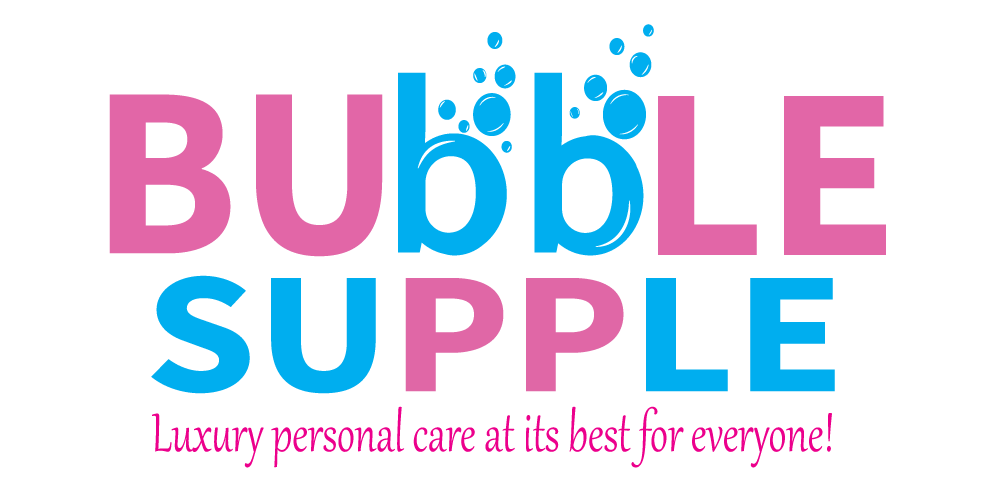Effective Methods to Lose Weight Without Surgery
Losing weight can be a challenging journey, but the good news is that there are effective methods to achieve your weight loss goals without the need for surgery. At BubbleSupple, we understand that each person’s path to wellness is unique, and we’re here to support you with safe and sustainable strategies. Here are some effective methods to help you lose weight without surgical intervention:
1. Balanced Diet
A balanced diet is the cornerstone of any successful weight loss plan. Here are some tips to help you eat smarter:
- Portion Control: Being mindful of portion sizes can prevent overeating. Use smaller plates and serve smaller portions to help control calorie intake.
- Whole Foods: Focus on whole, nutrient-dense foods such as fruits, vegetables, whole grains, lean proteins, and healthy fats. These foods are generally lower in calories and higher in nutrients, helping you feel full and satisfied.
- Limit Processed Foods: Processed and sugary foods can contribute to weight gain. Try to limit your intake of high-calorie snacks, sugary drinks, and fast food.
2. Regular Physical Activity
Incorporating regular exercise into your routine is essential for weight loss. Aim for a combination of cardiovascular exercises and strength training:
- Cardiovascular Exercises: Activities like walking, running, cycling, and swimming can help burn calories and improve overall fitness. Aim for at least 150 minutes of moderate-intensity aerobic exercise each week.
- Strength Training: Building muscle can boost your metabolism and help you burn more calories at rest. Include strength training exercises at least twice a week to increase lean muscle mass.
3. Behavioral Changes
Making lifestyle changes can significantly impact your weight loss efforts. Consider the following strategies:
- Set Realistic Goals: Establish achievable weight loss goals to keep you motivated. Aim to lose 1-2 pounds per week, which is considered a healthy and sustainable rate of weight loss.
- Keep a Food Diary: Tracking your food intake can help you become more aware of your eating habits and identify areas for improvement. Use an app or a notebook to log your meals and snacks.
- Mindful Eating: Practice mindful eating by paying attention to your hunger cues and savoring each bite. This can help prevent emotional eating and reduce calorie intake.
4. Hydration
Staying hydrated is essential for overall health and can aid in weight loss. Drinking water can help you feel full, reducing the likelihood of overeating:
- Drink Water Before Meals: Consuming a glass of water before meals can help you eat less and feel satisfied more quickly.
- Limit Sugary Drinks: Replace sugary beverages like soda and fruit juices with water or herbal teas to cut down on empty calories.
5. Professional Support
Sometimes, having a professional guide you can make all the difference. Consider seeking support from:
- Registered Dietitians: They can create personalized meal plans tailored to your preferences and dietary needs.
- Personal Trainers: A trainer can help you develop a workout routine that aligns with your fitness goals and keeps you accountable.
- Weight Loss Programs: Joining a structured weight loss program can provide support, motivation, and valuable resources to help you achieve your goals.



